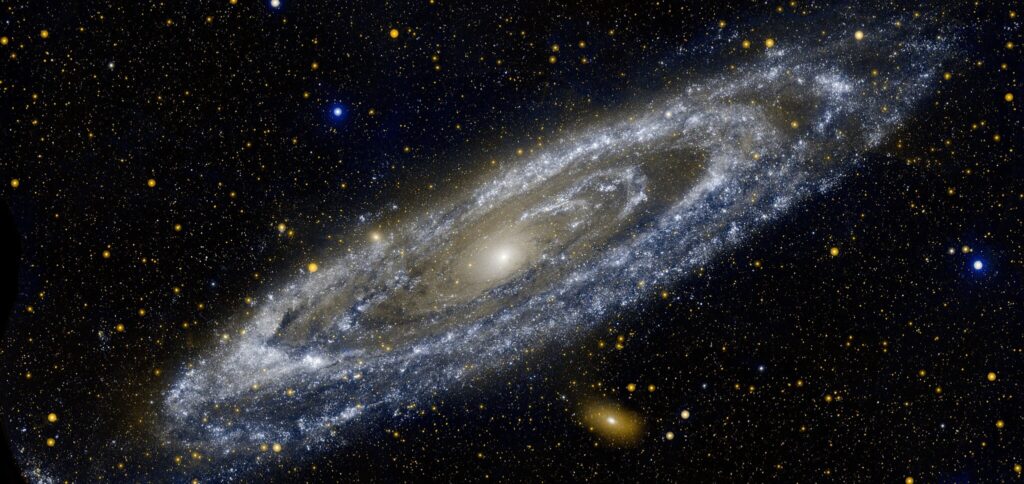
ANDROMEDA is a Horizon ERA postdoctoral project on the philosophy and epistemology of dark matter and modified gravity. The project synthesizes existing knowledge from cosmology and philosophy of science to study the epistemological foundations of dark matter theories and theories of modified gravity as competing explanations of certain cosmological observations. The three main objectives of ANDROMEDA are (a) to develop a philosophically informed historical narrative of the parallel development of dark matter theory and modified gravity as an alternative, (b) to identify the most appropriate epistemic values by which dark matter and modified gravity theories should be assessed and compared to each other, and (c) to examine the extent to which certain models of dark matter and modified gravity theory should be evaluated as mutually exclusive and competing explanations of certain phenomena. The clear elucidation of these issues will create new avenues for a constructive dialogue between the dark matter and modified gravity communities in physics and demonstrate how philosophy can make useful and substantial contributions to an important on-going scientific problem.
OBJECTIVE 1: A philosophically informed historical narrative of the parallel development of dark matter and modified gravity theories: The first objective of the project is to make an original contribution to the history of physics by (i) identifying the key milestones on the way to the prevalence of the ΛCDM model as the standard view in cosmology and (ii) tracking the ways in which certain aspects of dark matter theory have been developed as a reaction to challenges posed by theories of modified gravity and vice versa. It will also highlight the most important arguments and evidence in favour of each side of the debate and elucidate the reasons why specific sets of evidence – such as the observation of the Bullet cluster of galaxies – are often considered as indisputable evidence for the existence of dark matter, despite the claims from the modified gravity community that they can be equally explained by tweaking the standard gravitational dynamics.
OBJECTIVE 2: The identification of the epistemic values by which dark matter and modified gravity theories can be assessed: The second objective of ANDROMEDA is to go beyond the existing literature on the debate between dark matter and modified gravity by identifying the extent to which certain epistemic values such as prediction, falsifiability and internal consistency should or should not determine the assessment of dark matter and modified gravity theories as possible explanations of certain cosmological observations. To achieve this, the following questions will be addressed: Is the theory of dark matter unfalsifiable, and does it need to be falsifiable in order to be considered a viable scientific theory for funding purposes? What is the predictive power of modified gravity and dark matter and how can it be measured? What is an acceptable cosmological prediction and how accurate does it need to be to validate a theory? Is evidence on the cosmological scale more important than evidence on galactic scales?
OBJECTIVE 3: Examine the extent to which dark matter and modified gravity theories should be evaluated as mutually exclusive and competing theories: The third objective of the project is to examine whether the possibility of both a modification of gravity and the postulation of dark matter is a viable option, and identify the types of reasoning and evidence that would support such a possibility. This will be achieved by answering questions regarding the (in)compatibility of dark matter theories and modified gravity: Are certain dark matter models and modified gravity models mutually exclusive and should they be tested separately? How does testing dark matter relate to testing modified gravity and vice versa? Answering these questions will facilitate a deeper understanding of the space of possibilities for the explanation of astrophysical anomalies and will pave the way for a novel approach in cosmology that combines the best of two worlds in a different way than the hybrid theory approach.
The project is funded by the European Union under the Horizon Europe Widening participation and spreading excellenceprogramme.
